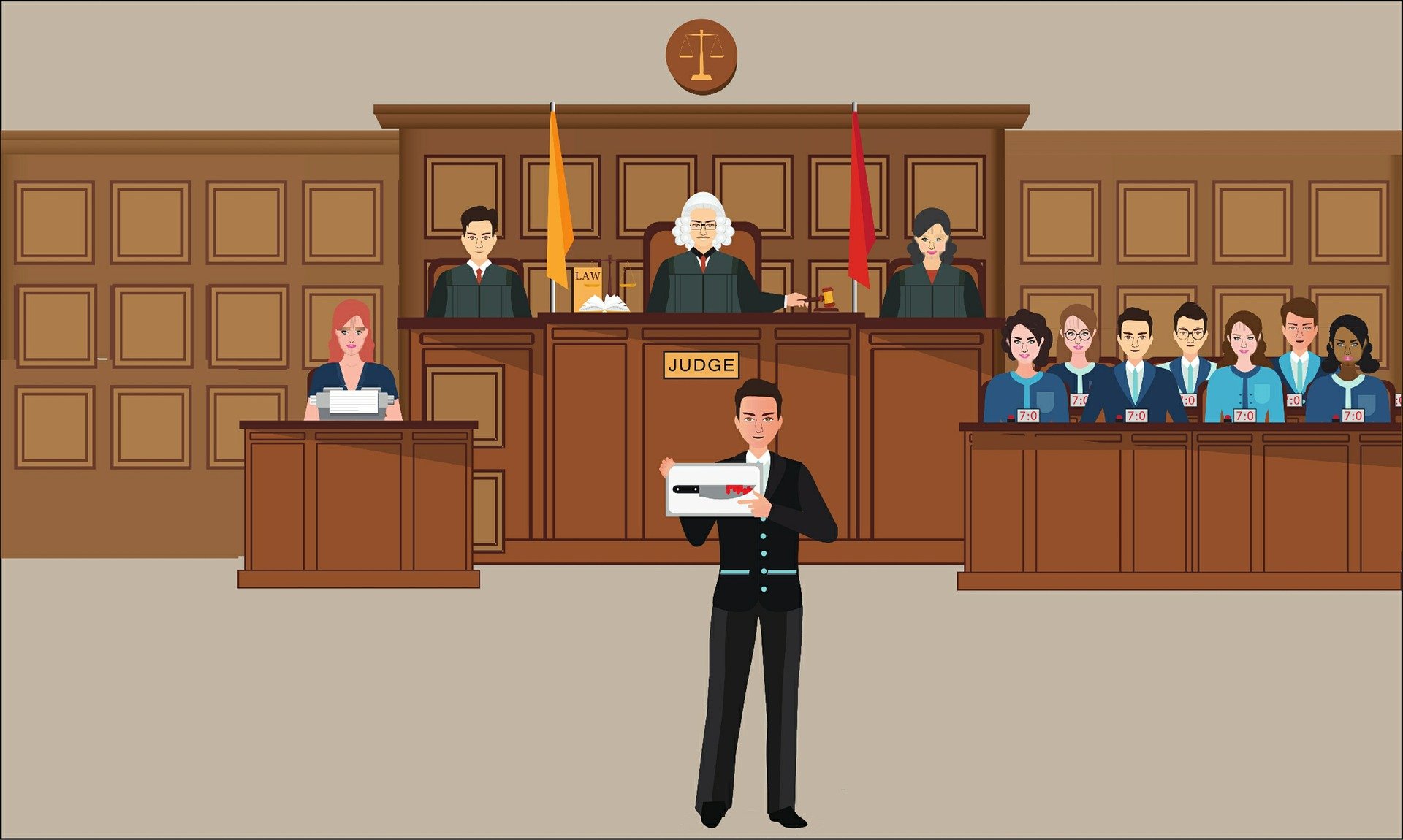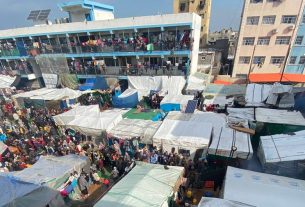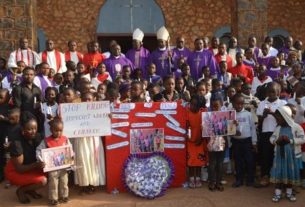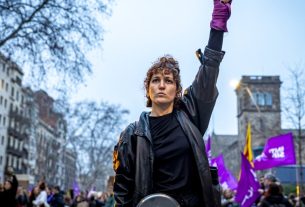A Ugandan military tribunal has brought serious charges of treachery against opposition leader Kizza Besigye, his aide Hajji Obeide Lutale, and Captain Denis Ola, a serving military officer. The charges, which fall under the treason category of Uganda’s Penal Code (Section 23(3)(a)), are classified as a capital offense, meaning they carry the potential for the death penalty.
Captain Ola has pleaded not guilty to the charges, while Besigye and Lutale have refrained from making public statements on their positions. Besigye, however, informed the media that he had “issues” with the charges, which his legal team would address in court.
The charges come amidst a broader legal and political controversy surrounding Besigye. Previously arrested in Kenya on accusations of firearm possession and terrorism, Besigye’s extradition from Kenya has been criticized for failing to follow proper legal processes. Concerns have also been raised about the lack of clarity in the charges, including whether Kenyan or Ugandan military law was violated by the individuals involved.
The trial is being conducted by what the Judge Advocate, Brigadier General Richard Tukacungurwa, described as a “court martial.” This designation is significant, as previous rulings by Uganda’s Constitutional Court have found that military tribunals do not have the authority to try cases involving terrorism or firearms offenses.
Further complicating the case, Amnesty International has raised alarms over procedural irregularities. For example, Lutale’s previous attorney, Eron Kiiza, was accused of contempt of court and arrested without trial, raising serious concerns about the fairness of the legal process.
International human rights frameworks, including the International Covenant on Civil and Political Rights (ICCPR), to which Uganda is a party, emphasize the importance of ensuring fair trials and upholding the right to life. Article 15 of the ICCPR prohibits retroactive criminal charges, while Article 14 ensures the right to a fair and impartial trial. These legal protections have been cited by critics, who argue that the trial of Besigye, Lutale, and Ola fails to meet these international standards.
The ongoing trial has drawn significant attention both domestically and internationally, with human rights organizations and legal experts questioning the fairness and legality of the proceedings. The outcome of this case could have broader implications for the rule of law and political freedoms in Uganda.
References:
- Uganda Penal Code Act, Section 23(3)(a)
- International Covenant on Civil and Political Rights (ICCPR)
- UN Universal Declaration of Human Rights



